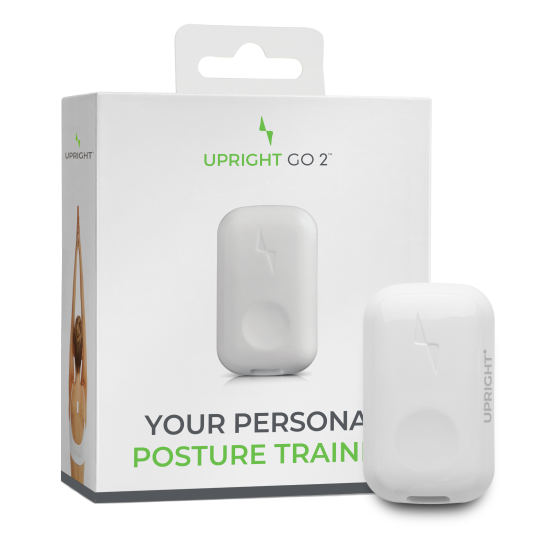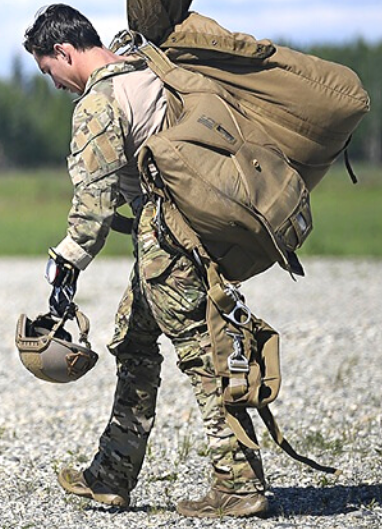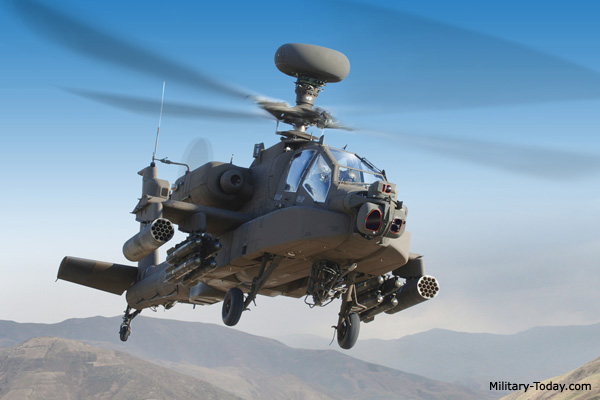My final Major Project used a mixed methods approach to explore if a haptic posture device may feasibly be used by those who work across the Royal Navy, Royal Air Force and British Army.
Major project
A Feasibility Study Exploring If A Haptic Posture Device May Benefit The British Armed Forces
The Upright Go2 Posture Trainer
This posture device was used for my final Major Project and uses haptic feedback to prompt the user to adopt a more upright posture. The device uses Bluetooth to connect to the accompanying smartphone 'Upright' application where it records 'Uptime' and the user can alter settings such as vibration strength and delay settings.
Soldier carrying load
This image demonstrates daily struggles within the military which may lead to poor posture, excessive physical exertion and the potential to induce back pain. Working with participants across the three British Armed Forces, I was able to understand where posture issues may arise. This lead me to identify areas where the Upright Go2 could be utilised across different tasks and make recommendations for further study.
Boeing AH64E Aircraft
Working on the human performance assessment of this aircraft, I've been provided with an insight as to how different ergonomic and human factor considerations need to be drawn together to create a safe, optimal working environment for the aircrew. For example, hardware such as the Human Machine Interface, software such as the Graphical User Interface, the environmental conditions including noise and vibration, physiological capabilities including colour perception and psychological aspects such as situational awareness and cognitive burden.
Soldiers conducting an obstacle course exercise
This image represents one of the elements of my work experience where I collected data for new military uniforms. Working with end users, being able to observe their actions and collate their feedback to make recommendations for effective changes was extremely valuable. Being able to gather data using multiple scientific methods has provided me with a strong understanding of human factors application, specifically early on in development processes can be beneficial to not just the final users but entire socio-technical systems.
A capsized maritime vessel
During my Transport Module of my MSc, I studied human factors within the Maritime industry. The work primarily focused on reviewing policies and processes from the international level down to the specific organisation level. This module enabled me to identify where these processes may be ambiguous and fail, and understand how attitudes between different cultures can lead to potentially fatal issues. This work allowed me to develop my knowledge regarding how different people will have different requirements, whether it be physical, psychological or societal.
Amy Bennett
Major project
A Feasibility Study Exploring If A Haptic Posture Device May Benefit The British Armed Forces
Work Experience
I am currently technical lead for the human performance assessment work on the Attack Helicopter -64E Model. Taking over from my predecessor, I am working with an industrial supplier to explore whether risks identified via a paper-based study with the new Human Machine Interface have a high risk of negatively impacting the pilot's performance (cognitive workload, situational awareness and human error).
By running test and evaluation trials, we are able to make recommendations to prevent the likelihood of risks with the new model aircraft.
I have spent the last 18 months working with a number of industry suppliers to create a framework that assesses the levels of trust between an autonomous or artificial intelligence (AI) system and the human user (developer, maintainer, operator) within different military contexts. The three step framework is to be used during the development lifecycle of the autonomous or AI system.
During the framework creation I developed strong communication skills with external suppliers whilst representing my organisation. I acted as a reliable point of contact between the suppliers and project teams to gather evidence to support the validation of the framework.
I've had opportunities to attend MOD trials. One of which looked at comparing possible new tenders of military clothing. The trials comprised of both male and female soldiers participating in tasks such as rifle shooting, obstacle courses and the ingressing and egressing of vehicles. I collected qualitative data in the form of questionnaires and focus groups as well as quantitative data such as time on task. This was the first work experience I participated in prior to applying for Loughborough's MSc in Ergonomics and Human Factors. For me this experience confirmed my interest in the discipline, specifically in defence and being able to work with representative users was really rewarding.




